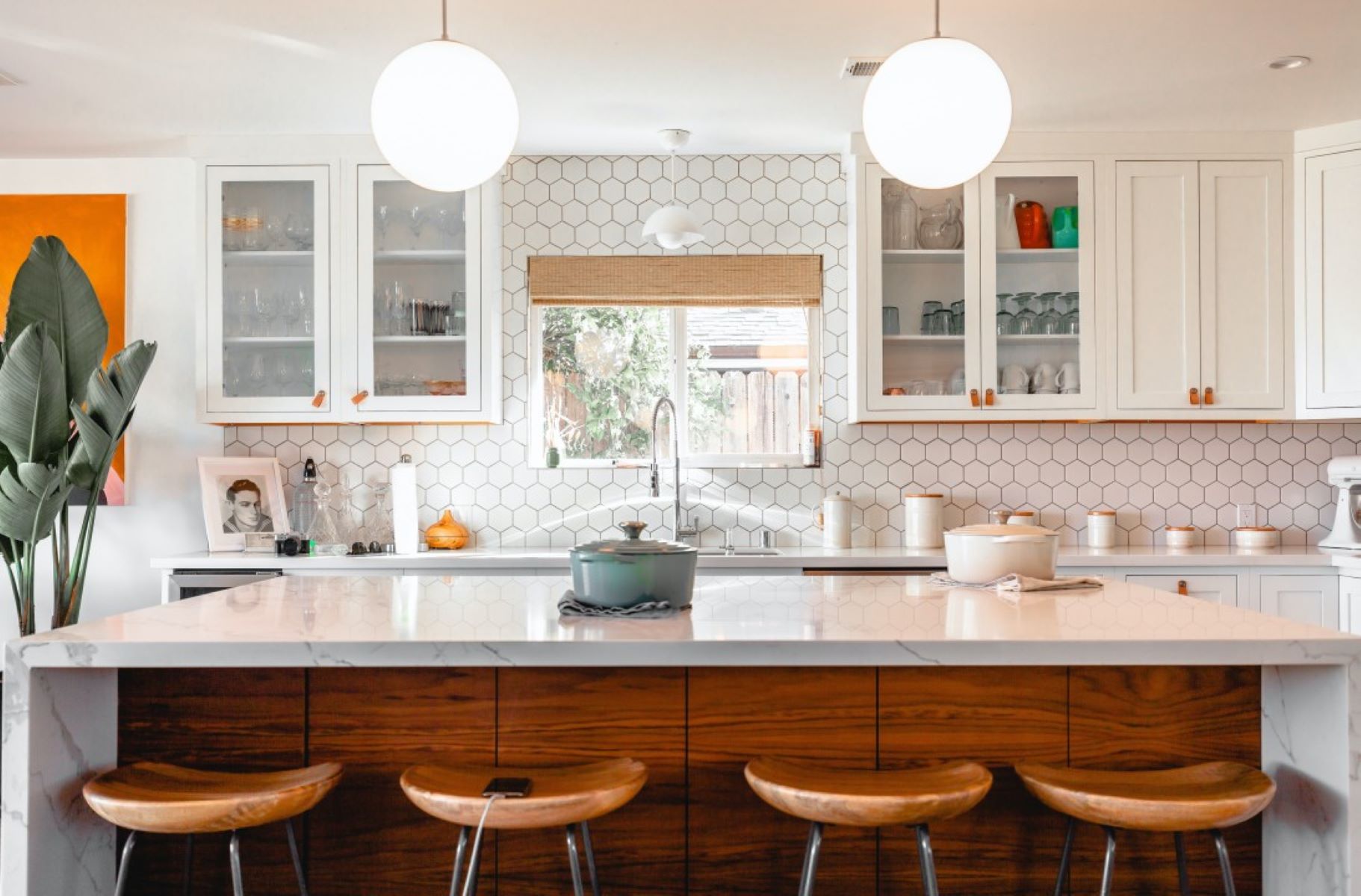

Articles
What Countertops Can You Put Hot Pots On
Modified: January 18, 2024
Discover which types of countertops are safe to place hot pots on in this informative articles. Learn about the best materials for heat resistance and durability.
(Many of the links in this article redirect to a specific reviewed product. Your purchase of these products through affiliate links helps to generate commission for Storables.com, at no extra cost. Learn more)
Introduction
When it comes to kitchen design, one of the most important decisions is choosing the right countertops. Not only do countertops add functionality to your kitchen, but they also serve as a focal point and can enhance the overall aesthetic of the space.
One common concern that homeowners have is whether their countertops can withstand the heat of hot pots and pans. After all, nobody wants to damage their countertops or risk a potential fire hazard in the kitchen. In this article, we will explore the different types of countertops and determine which ones are heat-resistant and suitable for placing hot pots on.
While some countertop materials can handle high heat without any issues, others may be more susceptible to damage. Let’s dive in and discover the best countertops for safely placing hot pots and pans on.
Key Takeaways:
- Granite and quartz countertops are highly heat-resistant, making them ideal for placing hot pots and pans directly on the surface. Their durability, low maintenance, and wide range of design options offer practical and stylish choices for any kitchen.
- While marble countertops offer timeless beauty, they require caution with heat exposure. Solid surface, porcelain, and concrete countertops provide excellent heat resistance, durability, and design versatility. Laminate and tile countertops offer practical and affordable options with moderate heat resistance. Butcher block countertops provide a warm and natural charm but require proper maintenance and care to ensure longevity.
Read more: What To Put Into Hot Pot
Granite Countertops
Granite countertops are a popular choice among homeowners for their durability and natural beauty. One of the key benefits of granite is its high heat resistance. Granite is formed by the cooling and solidifying of molten rock deep within the earth, resulting in a dense and hard surface that can withstand high temperatures.
When it comes to placing hot pots and pans on granite countertops, you can rest assured that they can handle the heat. The heat resistance of granite allows you to directly place hot items onto the surface without worrying about damage or discoloration.
However, it’s important to note that even though granite is heat resistant, extreme temperature changes can potentially cause thermal shock and cracks in the stone. To avoid this, it’s recommended to use trivets or heat-resistant pads when placing very hot items on granite countertops. This will help distribute the heat and minimize the risk of thermal shock.
In addition to its heat resistance, granite countertops are also highly scratch and stain resistant when properly sealed. This makes them a practical choice for busy kitchens where spills and heavy use are common.
Furthermore, granite countertops come in a wide variety of colors and patterns, making it easy to find the perfect match for your kitchen decor. Whether you prefer a sleek and polished look or a more rustic and natural appearance, granite countertops offer a versatile and visually appealing option.
Overall, if you’re looking for a countertop material that can withstand high heat without issues, granite is an excellent choice. Its heat resistance, durability, and aesthetic appeal make it a top contender for homeowners who love to cook and entertain in their kitchens.
Quartz Countertops
Quartz countertops have gained tremendous popularity in recent years due to their durability and low maintenance. Made from natural quartz crystals combined with resin and pigments, quartz countertops are engineered to be highly resistant to heat, scratches, and stains.
When it comes to heat resistance, quartz countertops are designed to handle high temperatures without sustaining any damage. The quartz crystals in the countertop give it a high level of heat resistance, allowing you to place hot pots and pans directly on the surface without worry.
However, it’s important to note that while quartz is heat resistant, it is not heat-proof. Extreme and sudden temperature changes can still potentially cause damage, such as thermal shock or discoloration. To maintain the longevity of your quartz countertops, it’s recommended to use trivets or heat-resistant pads when placing hot items on the surface.
In addition to its heat resistance, quartz countertops are non-porous, meaning they do not absorb liquids or stains. This makes them incredibly easy to clean and maintain, making them a perfect choice for busy kitchens. Quartz countertops are also highly resistant to scratches and can withstand the impact of sharp objects.
Another advantage of quartz countertops is their wide range of design options. Since they are engineered, quartz countertops come in a variety of colors, patterns, and finishes, allowing you to find the perfect match for your kitchen aesthetic. Whether you prefer a sleek and modern look or a more natural and textured appearance, there is a quartz countertop style to suit your taste.
In summary, quartz countertops provide an excellent choice for those seeking heat-resistant surfaces that are also durable and low maintenance. Their ability to handle high temperatures, along with their stain and scratch resistance, make them a practical and visually appealing option for any kitchen.
Marble Countertops
Marble countertops are highly regarded for their timeless elegance and luxurious appearance. However, when it comes to heat resistance, marble requires a bit more caution compared to other countertop materials.
Marble is a naturally occurring stone formed from limestone that goes through intense heat and pressure deep within the earth, resulting in its unique veining and patterns. While marble is known for its beauty, it is not as heat resistant as granite or quartz.
Placing hot pots or pans directly on a marble countertop can cause damage and discoloration. The heat can draw out moisture from the surface, creating white marks known as “etching.” Additionally, marble is a softer stone compared to granite or quartz, making it more prone to scratches and chips.
While it is not recommended to place hot items directly on marble countertops, there are steps you can take to protect them. Using trivets, hot pads, or heat-resistant mats is essential to prevent direct contact between hot objects and the marble surface.
Furthermore, it’s important to promptly clean up any spills, especially acidic substances like lemon juice or vinegar, as they can further damage the marble surface. Regular sealing of the marble countertop can also help protect it from stains and enhance its longevity.
Despite the need for extra care, many homeowners still opt for marble countertops because of their unparalleled beauty. Marble offers a classic and sophisticated look that can elevate the aesthetic of any kitchen. If you’re willing to take the necessary precautions to protect the surface and maintain its appearance, marble countertops can be an exquisite addition to your kitchen.
It’s important to consider your cooking habits and lifestyle when deciding on whether marble countertops are the right choice for you. If you frequently use high heat in your cooking or have a busy kitchen, it may be worth exploring other heat-resistant options such as granite or quartz.
Solid Surface Countertops
Solid surface countertops are a versatile and popular choice among homeowners due to their durability and seamless appearance. Solid surface countertops are made from a combination of acrylic or polyester resins, blended with natural minerals and pigments.
When it comes to heat resistance, solid surface countertops perform well in handling everyday cooking temperatures. They are designed to withstand moderate heat, making them suitable for placing hot pots and pans on their surface. However, it’s important to exercise caution and use trivets or heat-resistant pads to prevent prolonged or direct contact with extremely hot objects.
One of the advantages of solid surface countertops is their seamless nature. The non-porous surface makes them resistant to stains, making clean-up a breeze. They are also highly resistant to scratches, providing long-lasting durability for your kitchen.
In addition, solid surface countertops offer a wide range of design options. They can be customized to fit any kitchen decor, as they come in various colors, patterns, and finishes. Whether you prefer a modern and sleek look or a more traditional and textured surface, there is a solid surface countertop to match your style.
Furthermore, solid surface countertops are easy to maintain. They require minimal upkeep, typically only needing regular cleaning with mild soap and water. If there are any minor scratches or burns, they can be easily sanded out or repaired by a professional.
Overall, solid surface countertops are a reliable choice for a heat-resistant and visually appealing surface. While they may not be as heat resistant as granite or quartz, they offer durability, versatility, and a seamless appearance that can elevate any kitchen design.
Read more: What Can You Cover Countertops With
Porcelain Countertops
Porcelain countertops have been gaining popularity in recent years due to their exceptional durability, versatility, and aesthetic appeal. Made from a combination of natural clay, minerals, and pigments, porcelain countertops offer a highly heat-resistant surface that can withstand the demands of a busy kitchen.
When it comes to heat resistance, porcelain countertops excel. They are fired at extremely high temperatures during the manufacturing process, making them resistant to heat and thermal shock. You can safely place hot pots and pans directly on a porcelain countertop without worrying about damage or discoloration.
Porcelain countertops are non-porous, which means they are highly resistant to stains and spills. They do not absorb liquids, making them easy to clean and maintain. Additionally, porcelain countertops are naturally resistant to scratches and impact, making them a practical choice for any kitchen.
One of the advantages of porcelain countertops is their versatility in design. They come in a wide range of colors, patterns, and finishes, allowing you to achieve the desired look for your kitchen. Whether you prefer a sleek and modern aesthetic or a more natural and textured appearance, there is a porcelain countertop style to suit your taste.
In terms of maintenance, porcelain countertops are relatively low maintenance. Regular cleaning with mild soap and water is usually sufficient to keep them in pristine condition. It is important to avoid using abrasive cleaners or harsh chemicals that can damage the surface.
Another notable feature of porcelain countertops is their resistance to UV light, which means they will not fade or discolor over time. This makes them suitable for both indoor and outdoor kitchen spaces.
In summary, porcelain countertops offer a combination of exceptional heat resistance, durability, and aesthetic versatility. With their ability to withstand high temperatures, resist stains and scratches, and provide a wide range of design options, porcelain countertops are an excellent choice for homeowners seeking a durable and beautiful countertop option for their kitchen.
Granite, quartz, and stainless steel countertops can withstand hot pots and pans without being damaged. Avoid placing hot items directly on laminate, wood, or marble surfaces to prevent heat damage.
Laminate Countertops
Laminate countertops are a popular and budget-friendly option for homeowners looking for a versatile and durable surface. Made from several layers of resin-soaked paper, laminate countertops are topped with a decorative layer that mimics the appearance of natural materials like stone or wood.
When it comes to heat resistance, laminate countertops have improved over the years. However, they are not as heat resistant as materials like granite or quartz. While laminate countertops can handle moderate levels of heat, it is essential to exercise caution and use trivets or heat-resistant pads when placing hot pots and pans on the surface. Prolonged heat exposure or direct contact with extremely hot objects can potentially cause damage, such as discoloration or warping.
Despite being less heat resistant, laminate countertops have several advantages. They are highly resistant to stains and scratches, making them a practical choice for busy kitchens. In addition, laminate countertops are easy to clean and maintain, typically requiring only mild soap and water for regular cleaning.
One of the key benefits of laminate countertops is their affordability and wide range of design options. They are available in various colors, patterns, and finishes, allowing homeowners to achieve the desired aesthetic for their kitchen without breaking the bank. Laminate countertops can mimic the look of more expensive materials, providing a cost-effective solution for those on a budget.
It’s worth noting that laminate countertops may require periodic maintenance, such as resealing or replacing damaged sections, depending on the level of wear and tear. Proper care and regular cleaning can significantly extend the lifespan of laminate countertops.
In summary, laminate countertops offer an affordable and versatile choice for homeowners. While they may have lower heat resistance compared to other materials, their stain and scratch resistance, ease of maintenance, and broad range of design options make them a practical and attractive option for many kitchens.
Concrete Countertops
Concrete countertops have gained popularity in recent years for their unique and modern aesthetic. Made by mixing cement, aggregates, and water, concrete countertops offer a durable and versatile surface for kitchens.
When it comes to heat resistance, concrete countertops perform exceptionally well. Concrete is a naturally heat-resistant material, allowing you to place hot pots and pans directly on the surface without concerns of damage or discoloration. It can withstand high temperatures without warping or cracking.
However, it’s important to note that while concrete is heat resistant, it is a porous material and can stain easily if not properly sealed. It’s essential to use trivets or heat-resistant pads to protect the sealer from potential damage caused by prolonged heat exposure.
In terms of maintenance, concrete countertops require periodic sealing to ensure they remain stain-resistant and maintain their appearance. Regular cleaning with mild soap and water is usually sufficient to keep them in good condition. It’s important to avoid using abrasive cleaners or harsh chemicals that can damage the surface.
One of the standout features of concrete countertops is their versatility in design. Since concrete is a moldable material, it can be shaped and customized to fit any kitchen layout or design. It also allows for different finishes such as polished, matte, or textured, offering endless possibilities for creating a unique and personalized countertop.
Concrete countertops can also be further enhanced with the addition of pigments or decorative elements such as embedded stones or glass. This allows you to create a custom look that complements your kitchen style and adds a touch of creativity.
Overall, concrete countertops offer a heat-resistant and visually striking option for homeowners who seek a modern and customizable surface. With proper care and maintenance, they can provide a durable and long-lasting addition to your kitchen while making a bold statement.
Tile Countertops
Tile countertops offer a timeless and versatile option for homeowners seeking a durable and customizable surface for their kitchen. Made from various materials such as ceramic, porcelain, or natural stone, tile countertops provide a wide range of design possibilities.
When it comes to heat resistance, ceramic and porcelain tiles are generally heat resistant and can handle hot pots and pans without issue. However, it’s important to note that natural stone tiles, such as granite or marble, may require more caution due to their varying heat resistance levels. It is recommended to use trivets or heat-resistant pads to protect the surface and prevent potential damage.
Tile countertops are known for their durability and resistance to stains, scratches, and heat. The glazing on ceramic or porcelain tiles provides a protective layer that makes them easy to clean and maintain. Regular cleaning with mild soap and water is usually sufficient to keep tile countertops in good condition.
One of the advantages of tile countertops is their versatility in design. They come in a wide variety of colors, patterns, and sizes, allowing homeowners to create unique and personalized looks for their kitchen. From classic subway tiles to intricate mosaic designs, tile countertops offer endless options to fit any style or aesthetic preference.
Another benefit of tile countertops is that individual tiles can be easily replaced if damaged, providing a cost-effective and practical solution for long-term maintenance. This makes tile countertops a convenient choice for busy kitchens or households with children.
However, it’s important to note that tile countertops can have slightly uneven surfaces due to the grout lines between the tiles. This can make it more challenging to clean compared to other smooth-surfaced materials. Regularly sealing the grout lines can help prevent staining and facilitate easier cleaning.
In summary, tile countertops offer a durable and customizable option for homeowners seeking a heat-resistant and visually appealing surface for their kitchen. With their wide range of design options and ease of maintenance, tile countertops can add a touch of personality and style to any kitchen space.
Read more: What Is A Hot Pot?
Butcher Block Countertops
Butcher block countertops are a popular choice for homeowners seeking a warm and natural surface for their kitchen. Made from strips of wood that are glued together, butcher block countertops provide a charming and rustic aesthetic while offering functionality and durability.
When it comes to heat resistance, butcher block countertops perform well. Wood is naturally heat resistant, allowing you to place hot pots and pans directly on the surface without immediate damage. However, it’s important to note that prolonged heat exposure can potentially cause discoloration, warping, or even scorching of the wood surface. It’s recommended to use trivets or heat-resistant pads to protect the wood from excessive heat.
One of the advantages of butcher block countertops is their ability to handle knife work easily. The surface can be used as a cutting board, making it convenient for prep work and reducing the need for separate cutting boards.
Butcher block countertops require regular maintenance to keep them in optimal condition. They should be oiled periodically with food-grade mineral oil to prevent the wood from drying out and to maintain its luster. This will also help protect the wood from stains and provide a barrier against moisture.
While butcher block countertops are relatively durable, they can be susceptible to scratches and dents. However, these can add to the character and charm of the countertop over time. Light sanding and resealing can help minimize the appearance of scratches and maintain the overall integrity of the surface.
It’s worth noting that butcher block countertops can be prone to bacterial growth if not properly cleaned and maintained. Regular cleaning with mild soap and water, along with proper drying, is essential to prevent the growth of harmful bacteria in the wood.
In summary, butcher block countertops offer a warm and inviting surface for kitchens. With their natural beauty, heat resistance, and functionality, they provide a unique and charming touch to any kitchen decor. Proper maintenance and care are key to ensuring the longevity and beauty of butcher block countertops.
Conclusion
When it comes to choosing countertops that can withstand the heat of hot pots and pans, it’s important to consider the specific characteristics of each material. From granite and quartz to marble and concrete, the options available offer a wide range of heat resistance and aesthetic appeal for your kitchen.
Granite countertops are highly heat resistant, making them a safe and durable choice for placing hot pots and pans directly on the surface. They offer a natural beauty that can enhance any kitchen decor.
Quartz countertops also provide excellent heat resistance and durability. With their low maintenance and wide range of design options, they are a practical choice for homeowners seeking both style and functionality.
Marble countertops, while not as heat resistant as granite or quartz, offer a timeless beauty that can elevate the aesthetic of any kitchen. It’s important to exercise caution and protect the surface from prolonged heat exposure.
Solid surface countertops, such as acrylic or polyester, are moderately heat resistant and provide a seamless appearance that is resistant to stains and scratches. They offer versatility in design and are relatively low maintenance.
Porcelain countertops are highly heat resistant and offer a wide range of design options. They are durable, non-porous, and easy to clean, making them a practical choice for any kitchen.
Laminate countertops are an affordable option that offers moderate heat resistance. While they may not handle high temperatures as well as other materials, they are stain and scratch resistant, making them a practical choice for many kitchens.
Concrete countertops, with their heat resistance and unique design options, provide a modern and customizable surface for your kitchen. Proper maintenance and sealing are key to ensuring their longevity.
Tile countertops offer versatility in design and moderate heat resistance, depending on the material used. They are durable and easy to clean, making them a popular choice for many homeowners.
Butcher block countertops provide a warm and natural charm to the kitchen. While they offer heat resistance, care must be taken to protect the surface from excessive heat exposure and proper cleaning and maintenance are essential.
In conclusion, there is a wide range of countertops available that can handle the heat of hot pots and pans. Each material has its own unique characteristics and maintenance requirements. By considering the heat resistance, durability, and maintenance needs of each option, you can choose a countertop that not only suits your cooking needs but also enhances the style and functionality of your kitchen.
Frequently Asked Questions about What Countertops Can You Put Hot Pots On
Was this page helpful?
At Storables.com, we guarantee accurate and reliable information. Our content, validated by Expert Board Contributors, is crafted following stringent Editorial Policies. We're committed to providing you with well-researched, expert-backed insights for all your informational needs.
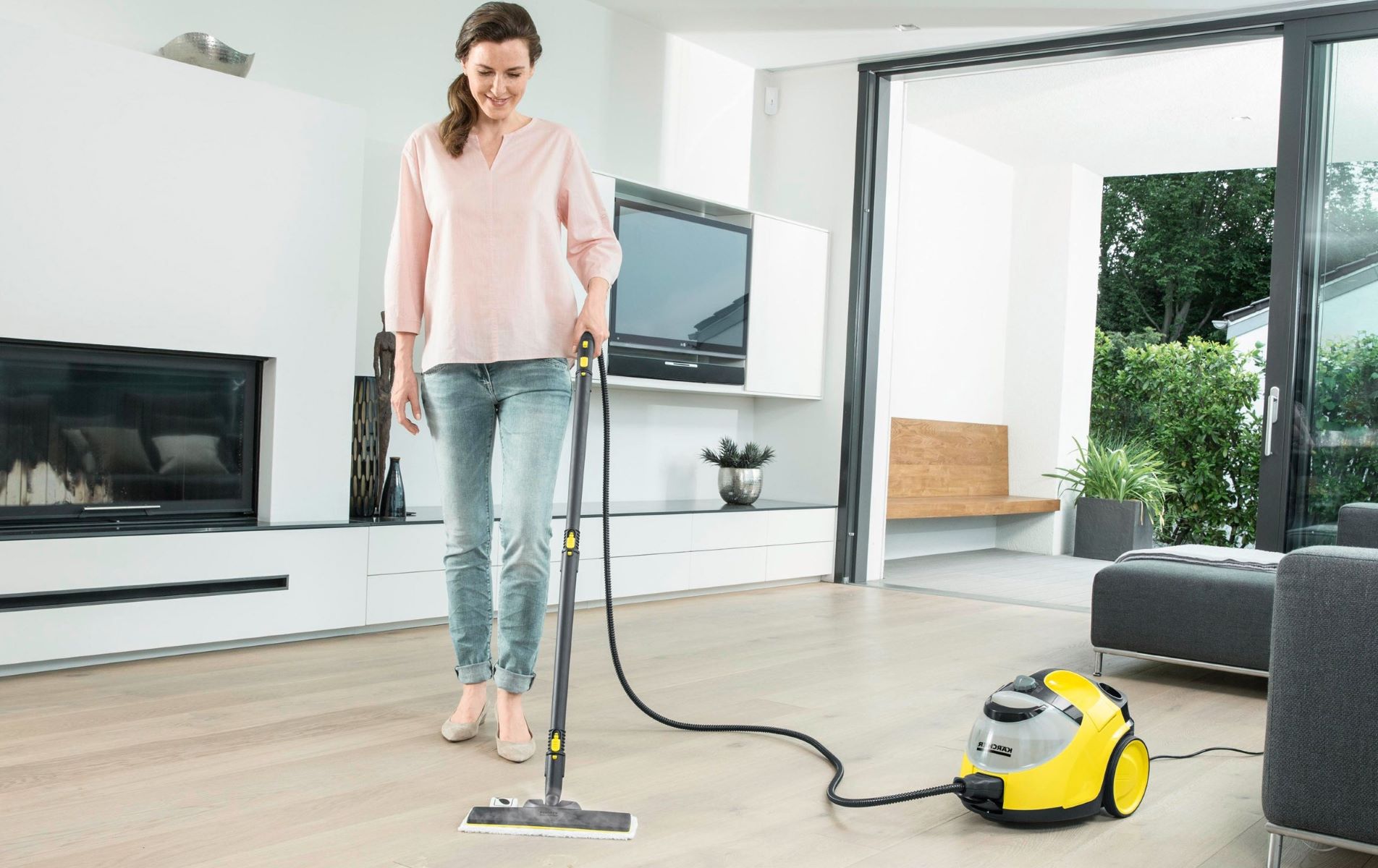
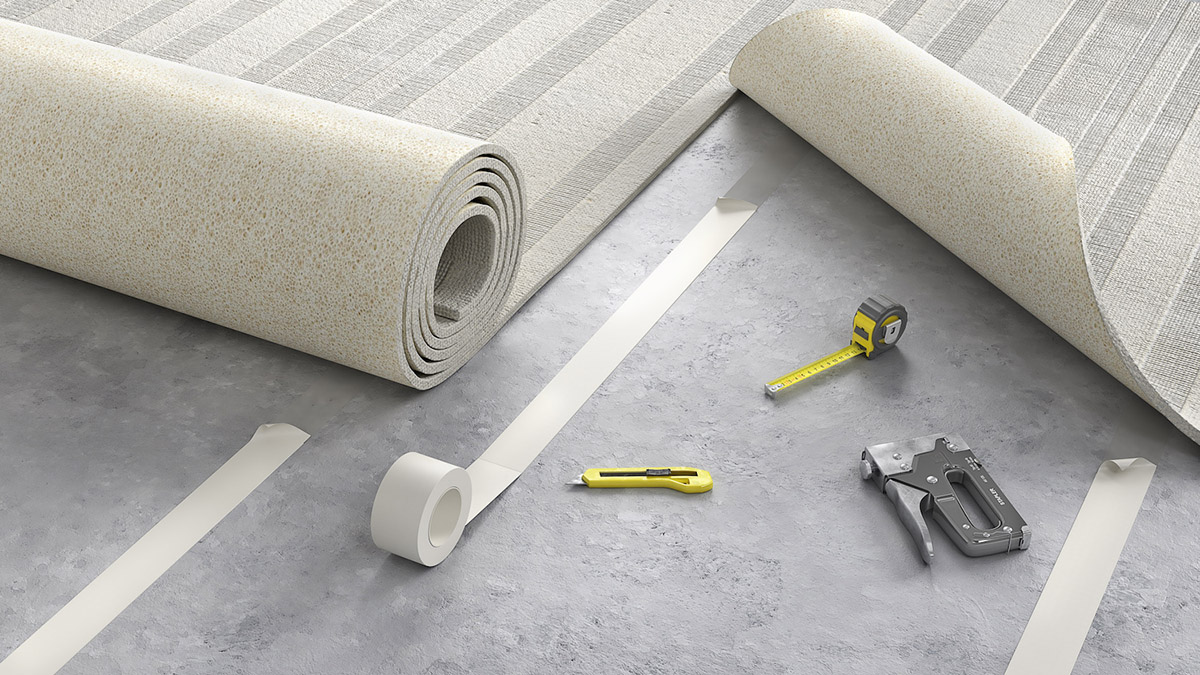
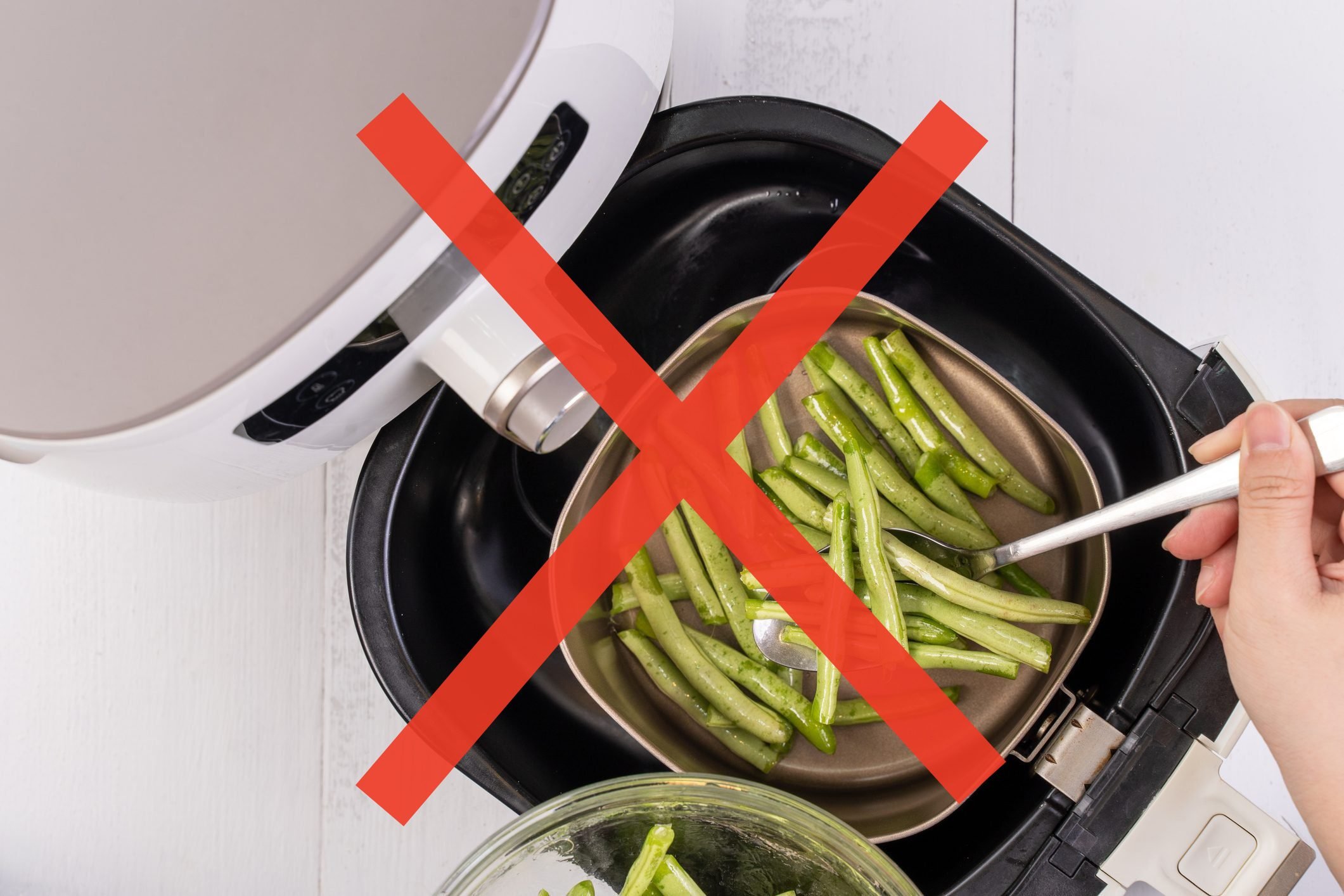
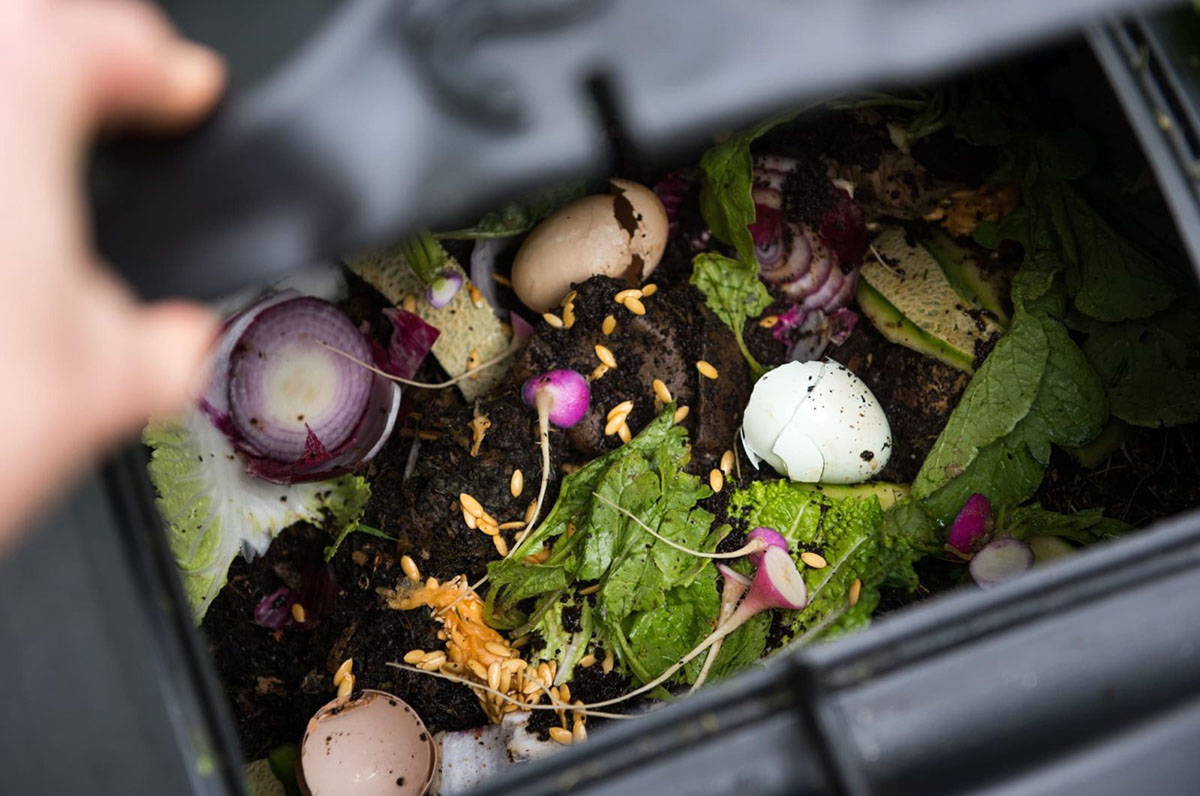
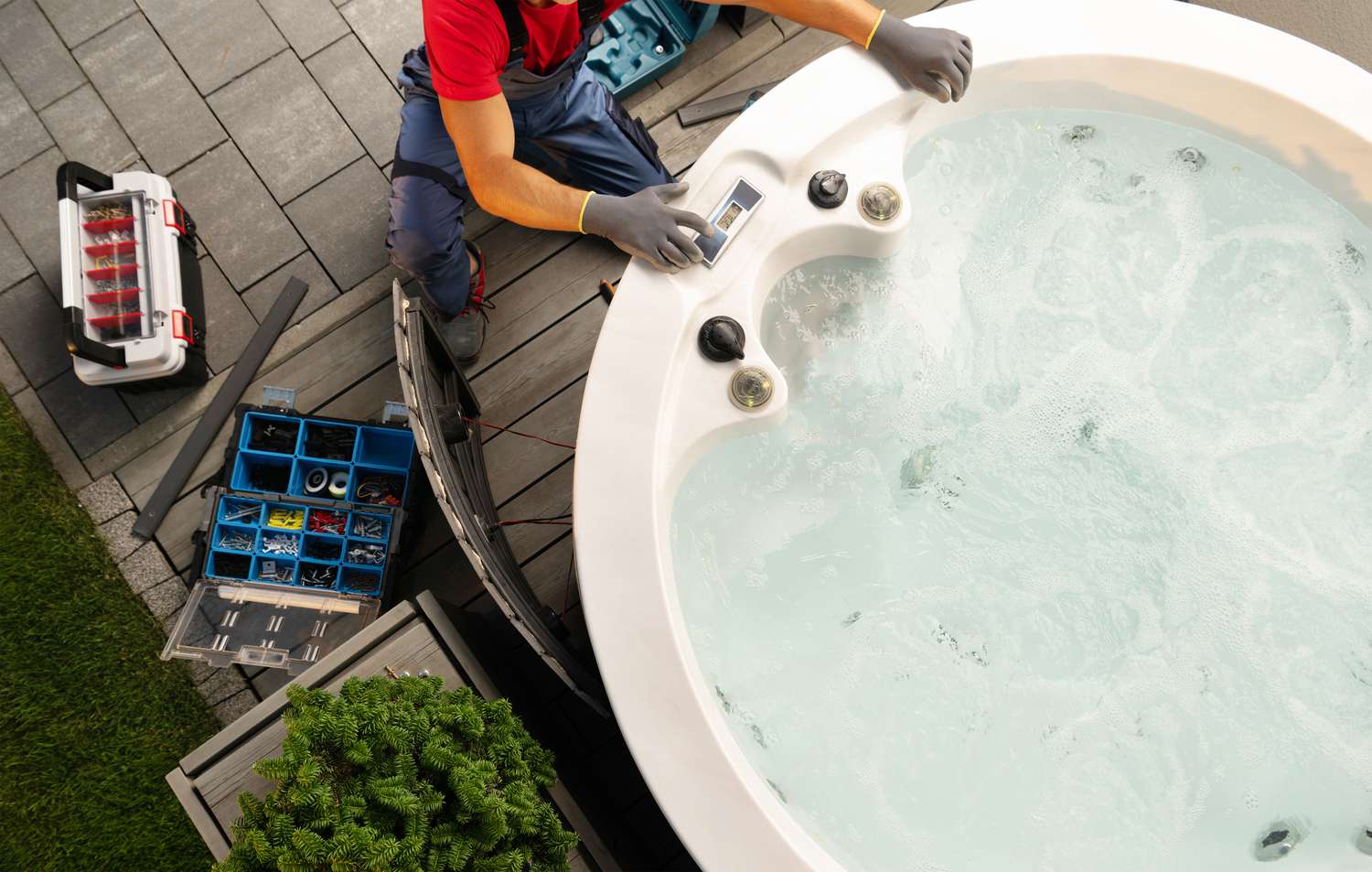
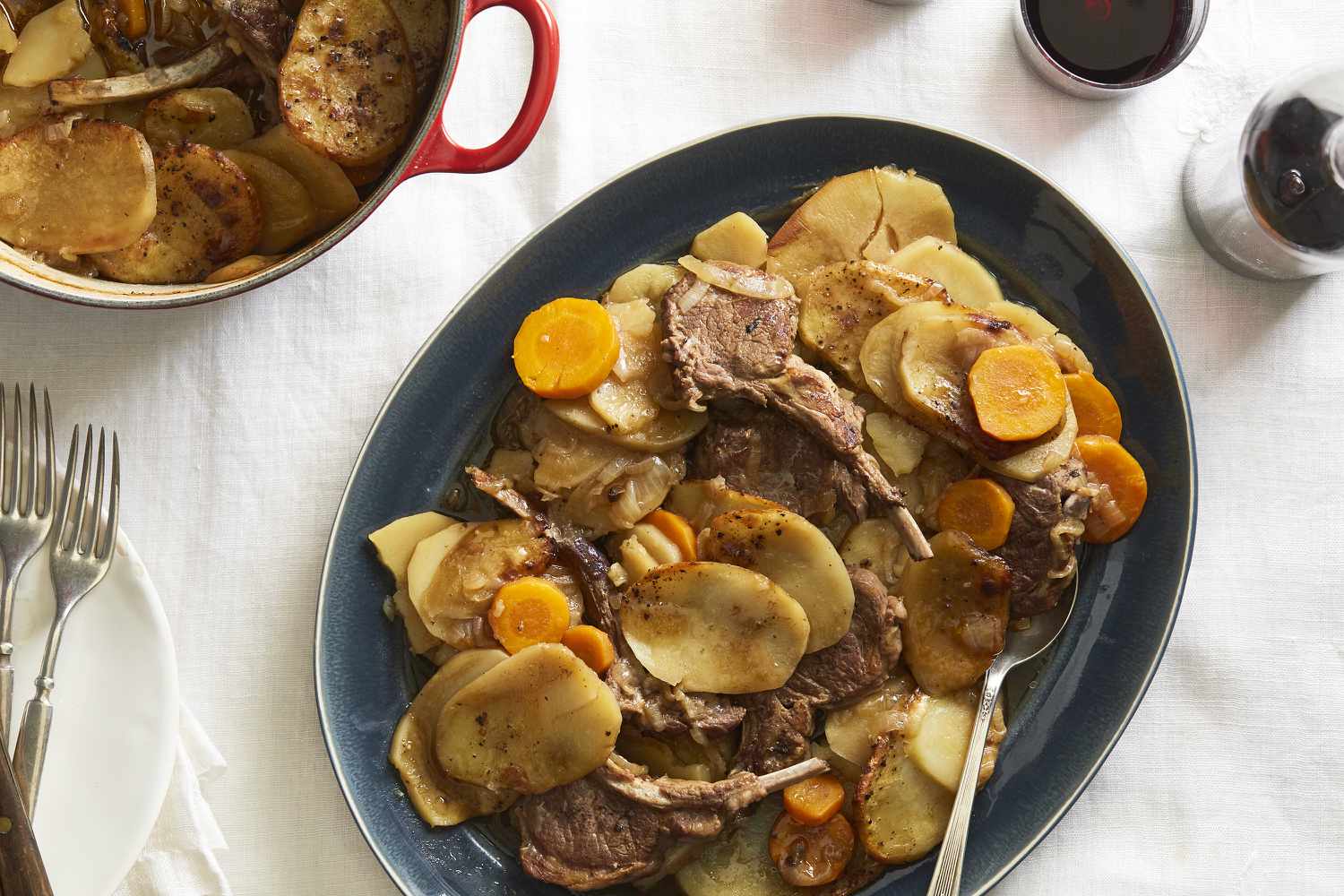
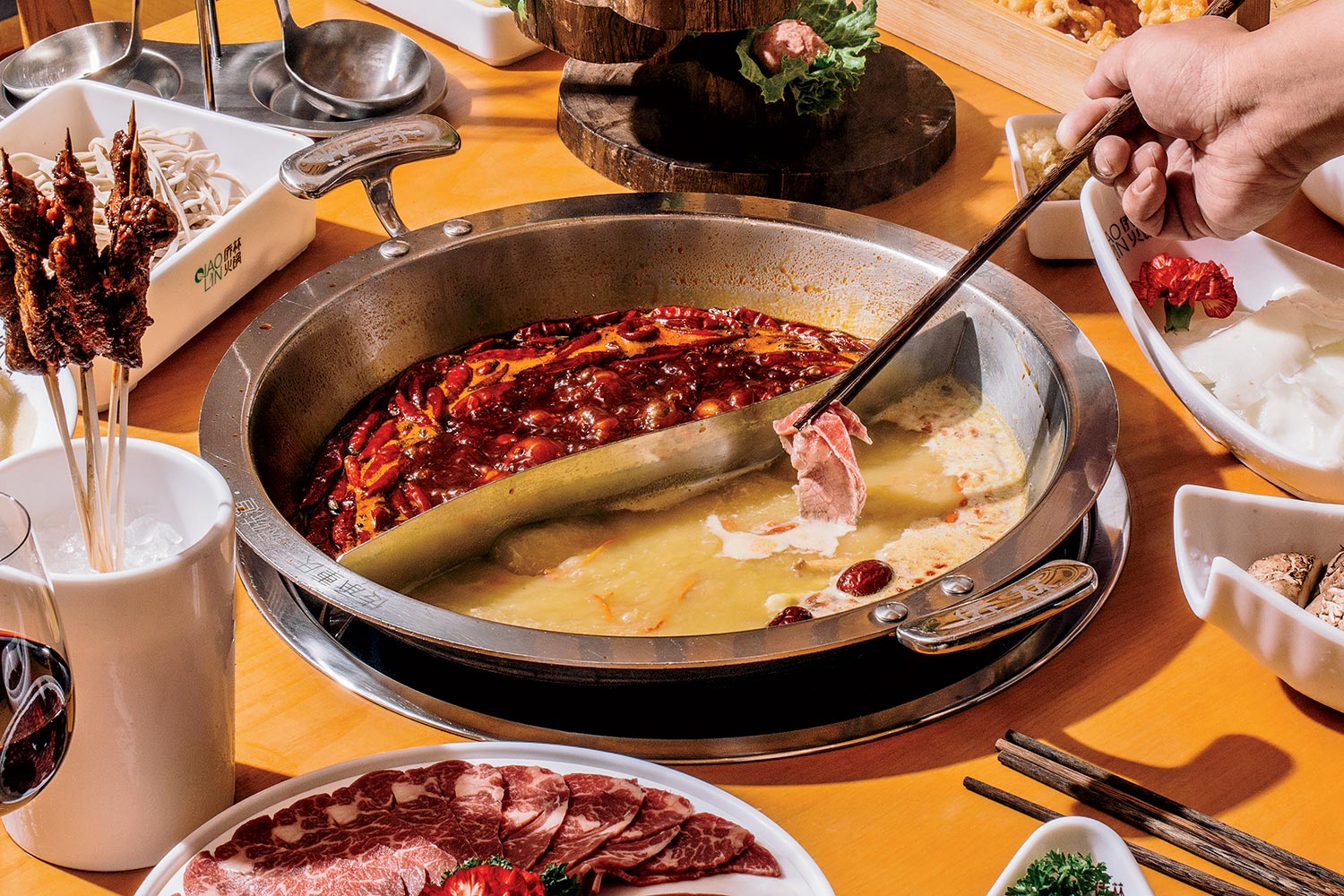
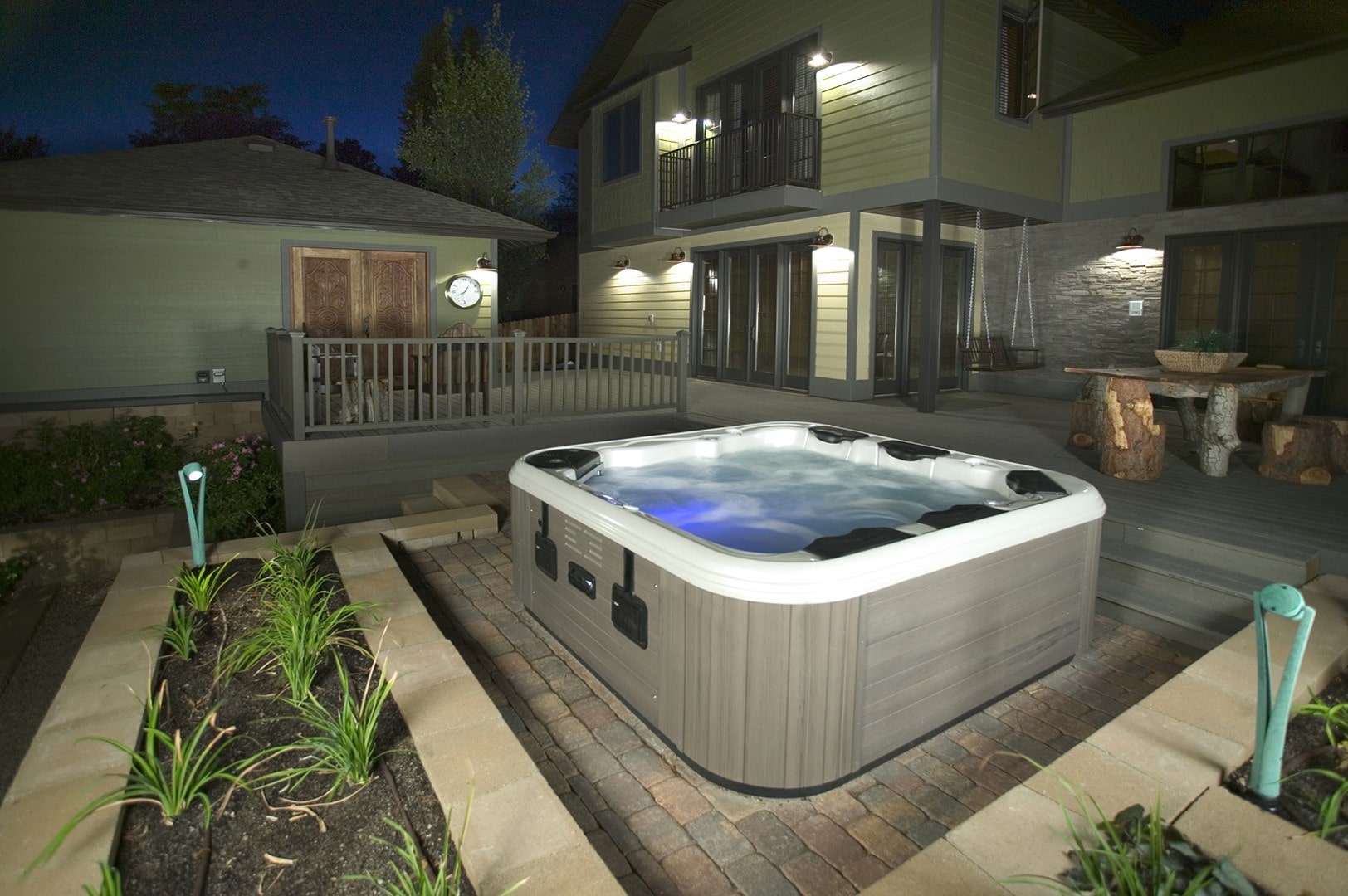
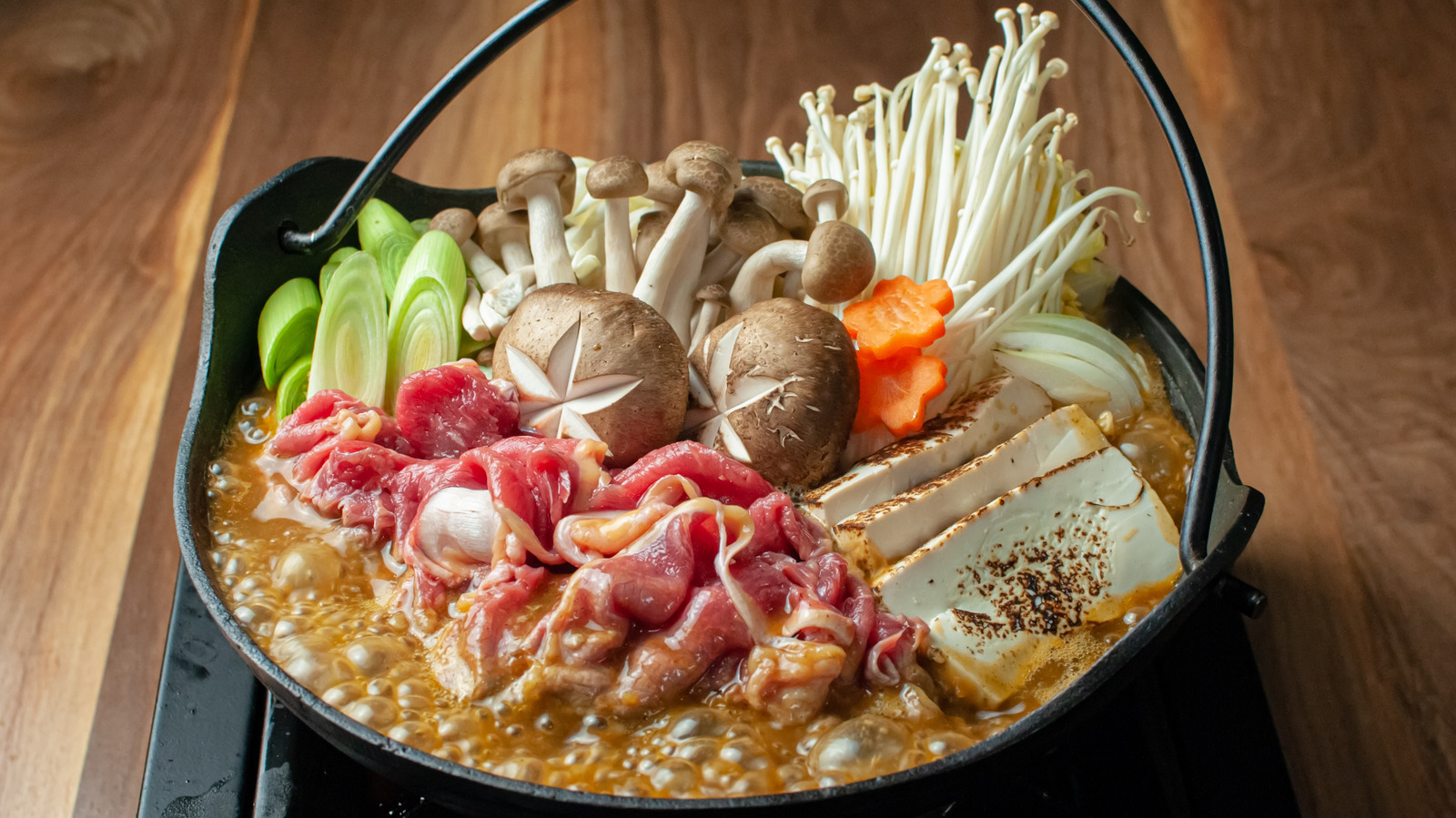
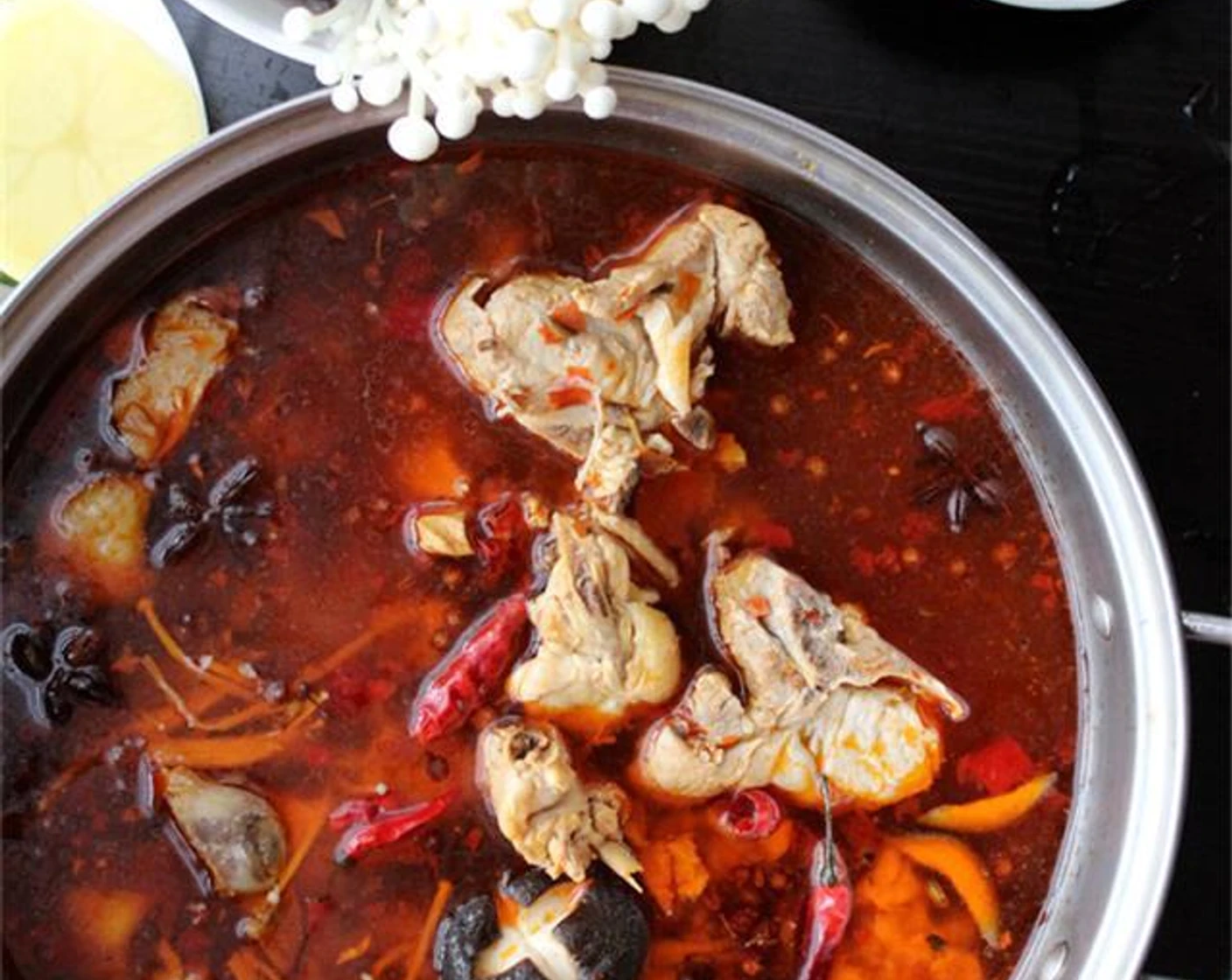
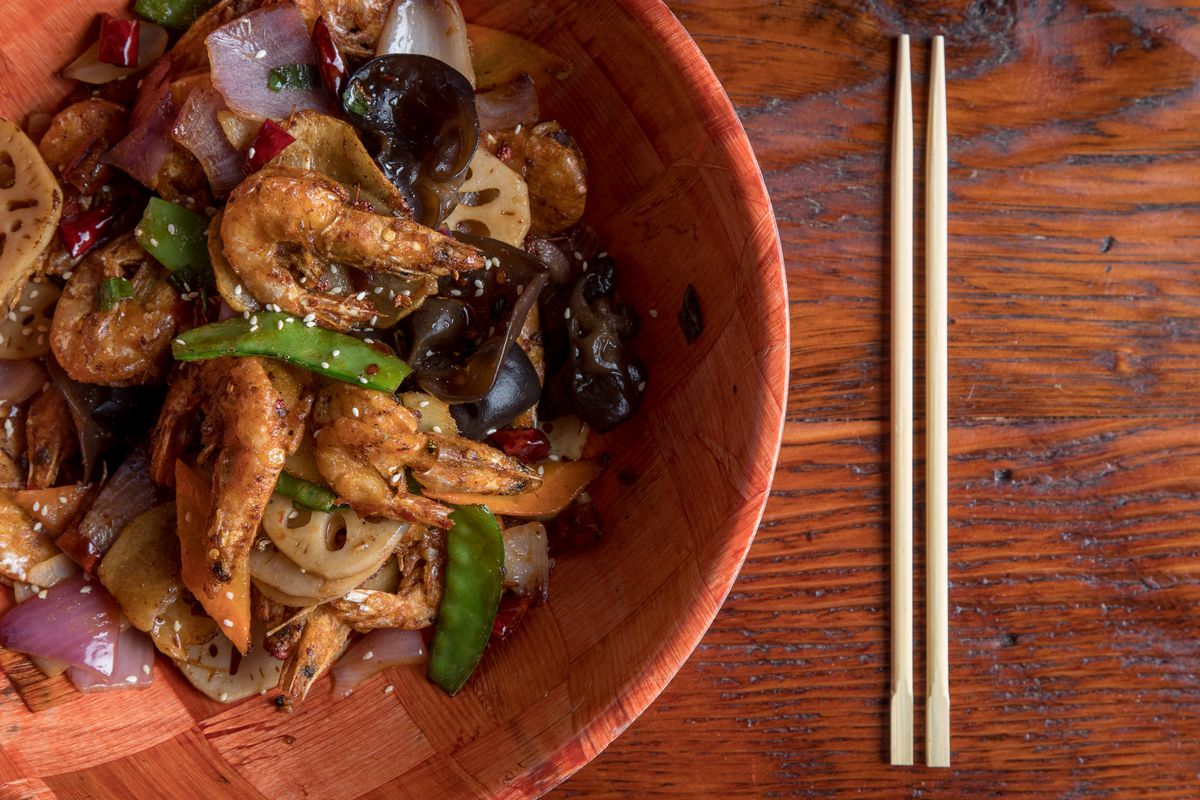
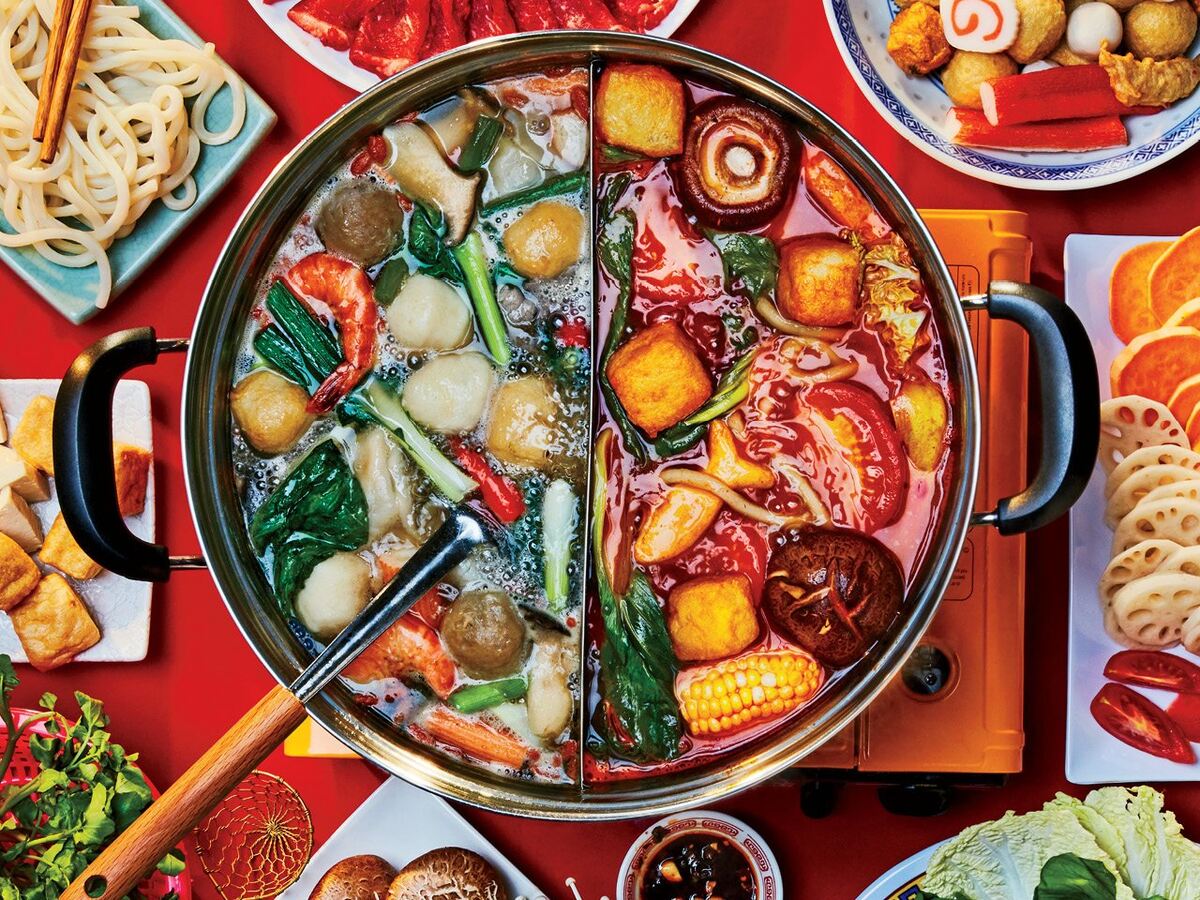
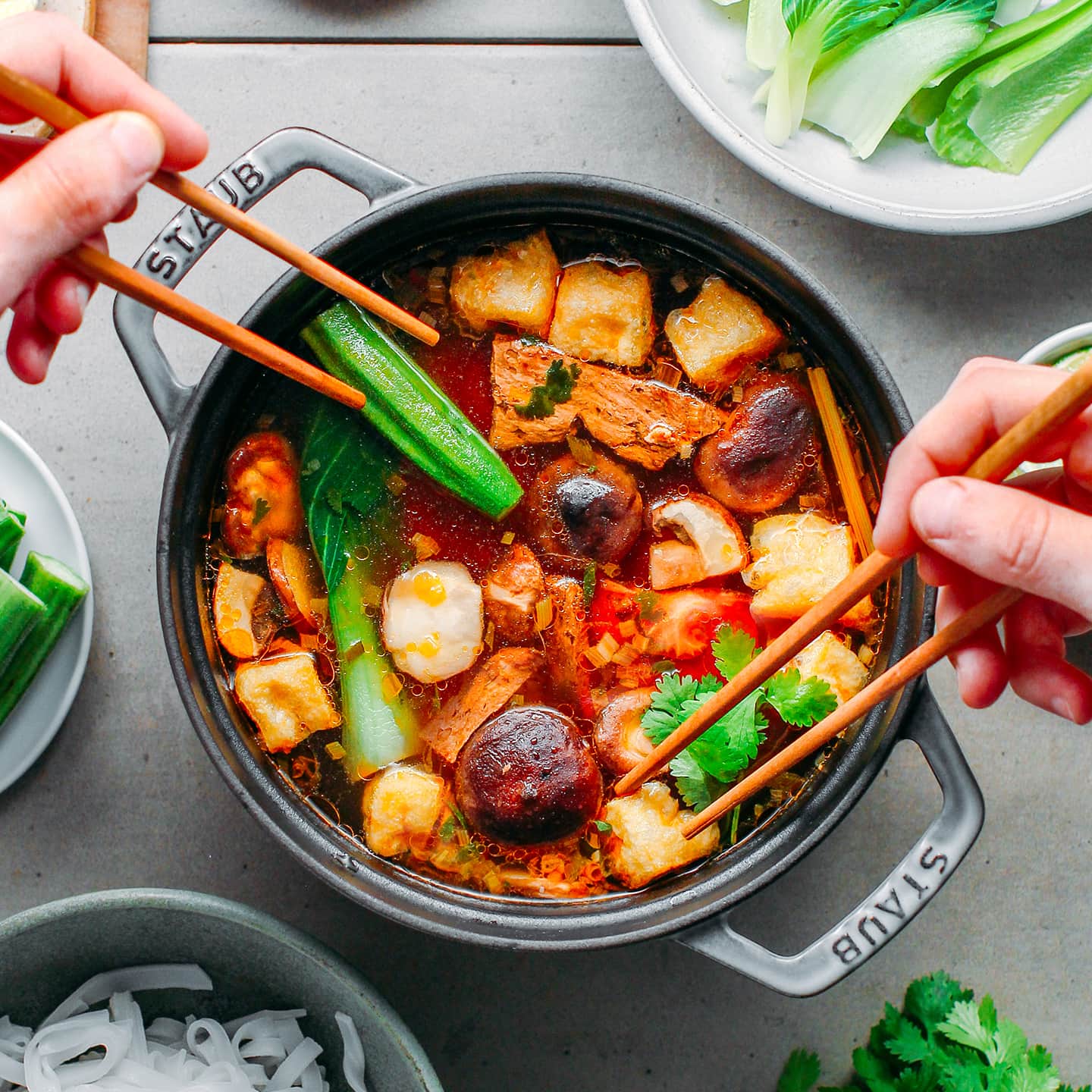

0 thoughts on “What Countertops Can You Put Hot Pots On”